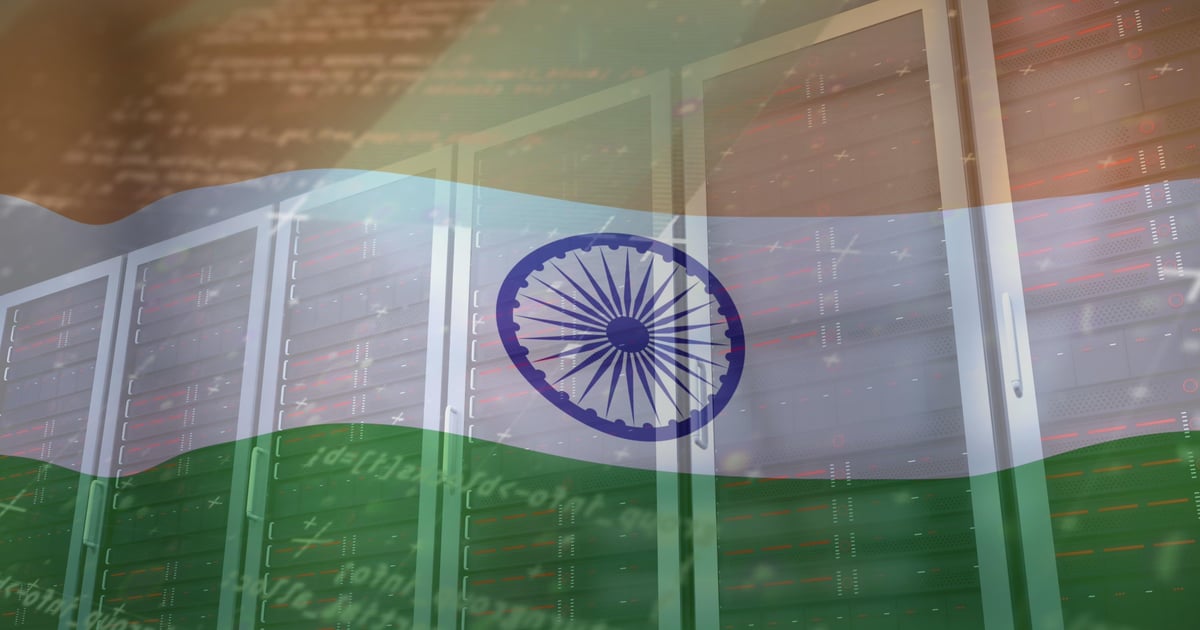India has taken a significant step towards data privacy by drafting rules that will define how companies, both inside and outside the country, handle its citizens’ data. This move comes a year and a half after the enactment of the Digital Personal Data Protection (DPDP) Act, which outlined key privacy rights for Indian citizens and established obligations for data stewards to ensure data security and accuracy.
The release of the draft rules by India’s Ministry of Electronics and Information Technology (MeitY) on Jan. 3 marks a crucial milestone in the implementation of the DPDP Act. These rules, consisting of 22 provisions and seven schedules, provide businesses with a framework to comply with the act once it is enforced by the government. This development is essential as organizations have been eagerly awaiting guidelines to align their data practices with the new regulations.
Pankit Desai, CEO and co-founder of Sequretek, emphasized the importance of the DPDP Act in protecting the rights of Indian citizens in the digital age. He referred to it as a “landmark regulation” that signals India’s commitment to prioritizing citizen welfare in an era of rapid digitalization.
The journey towards data privacy in India dates back to 1941, when the concept of privacy rights was contested in the case of Kharak Singh, a resident of Uttar Pradesh. Despite various legal battles over the years, privacy was not recognized as a fundamental right under the Indian constitution until 2017. This landmark shift paved the way for the introduction of data protection legislation, culminating in the DPDP Act as a comprehensive framework for safeguarding data privacy.
The new DPDP rules set industry standards by requiring companies to be transparent about the data they collect and adhere to strict security measures, such as encryption and data retention policies. One of the key aspects of the rules is empowering individuals, known as data principals, to control how their personal data is used and imposing penalties for non-compliance.
However, there are areas of contention within the rules, particularly regarding exceptions for government agencies. Critics have pointed out that the exemption granted to the government raises concerns about accountability and fairness, considering the government’s significant role in India’s digital infrastructure. The impact of these rules is magnified in a landscape where government initiatives play a crucial role in shaping the digital ecosystem.
Stakeholders have until Feb. 18 to provide feedback on the draft rules before they are finalized and enforced. The government has assured a smooth transition period for businesses of all sizes to comply with the new regulations. This proactive approach demonstrates India’s commitment to upholding data privacy standards and ensuring the protection of its citizens’ sensitive information in an increasingly digital world.
In conclusion, the introduction of the DPDP rules represents a significant milestone in India’s data privacy journey, reflecting the government’s dedication to enhancing data protection mechanisms and prioritizing the welfare of its citizens in the digital age. This regulatory framework is poised to reshape the data landscape in India and set a precedent for other countries grappling with similar privacy challenges.
